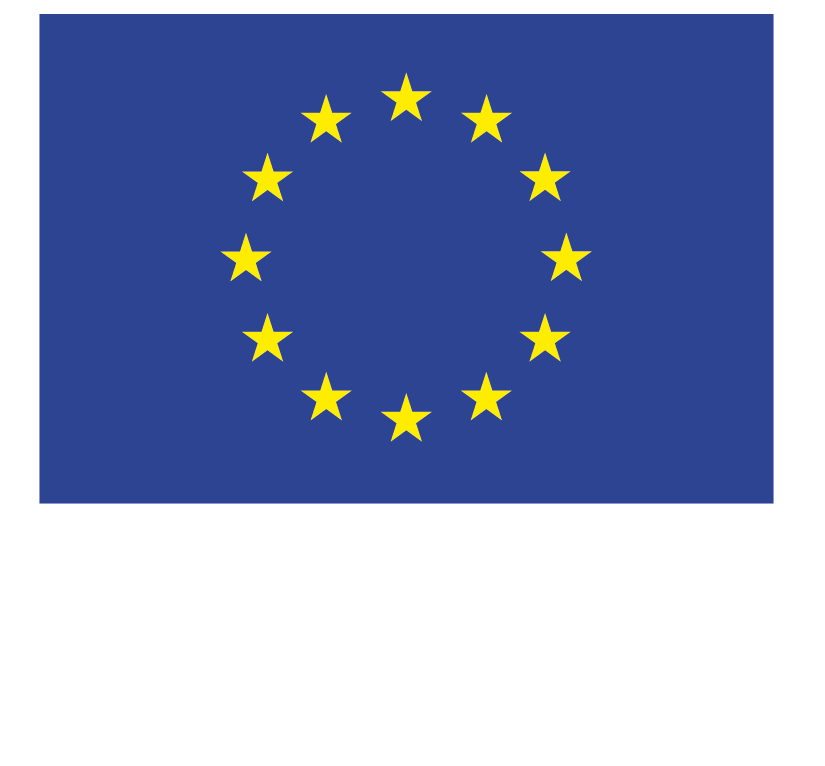Read the original post on the EAPC Blog.
Older people with cancer are at disadvantage when it comes to timely access to high-quality supportive, palliative, and end-of-life care. Dr. Joni Gilissen, Dr. Barbara Gomes and Prof. Lieve Van den Block hope that the new EU NAVIGATE project might help patients and their families get the care they need, through the work of patient navigator.
Cancer disproportionately affects older people. In 2020, 60% of the estimated new diagnoses and 73% of estimated deaths occurred in people 65 years and older. Cancer care can be highly fragmented, complex and often difficult to navigate for patients and families, compromising care coordination and continuity, and patient and relative experience. Access to high-quality supportive, palliative and end-of-life care is often limited, especially for those who are older, living in rural or materially deprived areas, or who have lower educational and/or socioeconomic status. Additionally, although cancer care in Europe is highly advanced in achieving cures or prolonging lives, it still has a limited focus on psychological, social, existential, and practical care needs. Current cancer services also insufficiently address the needs of family caregivers, who fulfil essential care tasks, and provide practical and emotional help.
The intervention program
The overall aim of EU NAVIGATE is to implement a patient and family-centred navigation intervention for older cancer patients across supportive, palliative, and end-of-life care, to see if and how it makes a difference for patients, families, and care providers, whether it is cost-effective, and how it can be implemented in different healthcare systems in Europe.
For this project, we will carefully adapt Nav-Care©* to our European and local contexts. Navigation interventions are non-pharmacological interventions that aim to support, educate, and empower patients and families, and address individual and community barriers to timely access to healthcare and related services and resources. Their central component is a patient navigator, a dedicated person (with or without a health-related background) who is trained and engages with patients on an individual basis. Although there may be some overlap, navigation can be distinguished from care management/coordination as it is a much broader, more supportive role, grounded in frameworks of patient empowerment and health promotion. Navigators are not members of a healthcare team but instead help with navigating across services and advocate for services which a patient is not getting, with a focus on removing barriers to care. Navigation was originally developed in the early 90’s in New York to address barriers and health disparities related to cancer care, particularly regarding screening and early diagnosis. Since then, programs with varying features have been developed and tested, mostly in the US and Canada. With EU NAVIGATE, we aim to develop navigation in different European Union healthcare contexts and evaluate its outcomes.
What we will evaluate
Effectiveness and cost-effectiveness will be evaluated through an international pragmatic randomised controlled trial including 532 cancer patients, aged 70 years and older, and their caregivers. The intervention group receives NavCare-EU from the onset and the control group will receive it six months later. At this time point, we will compare outcomes in the two groups, i.e., NavCare-EU + standard care vs. standard care alone. The primary endpoints are patient’s quality of life and well-being. The trial will run over 30 months. We will perform mixed-method subgroup analyses and process and implementation evaluations in and across countries to better understand what works, how, when and for whom.
What we hope to achieve
One of the explicit goals of the intervention is to ensure equitable access to needed health and social care. The purpose of the pragmatic trial is to inform clinical and policy decisions by providing evidence to encourage further adoption of the intervention into real-world practice. By analysing barriers and opportunities we hope to contribute to re-invigorating and enhancing timely social inclusion and active engagement of cancer patients. NavCare-EU will be a freely available program (with tools for training and support) in which volunteer and/or professional navigators support people to access the local resources and services they need, while providing companionship and emotional support. We believe this can enhance access to the care that people need and improve their experience during this difficult time.
* Nav-Care was developed in 2009 and has been evaluated and refined in different areas of Canada by Pesut & Duggleby. It specifically focuses on older adults with declining health. Find out more about the original Nav-CARE© Programme here.
The authors are writing on behalf of the EU NAVIGATE consortium. This project is a collaboration between seven countries and three European Union organisations, coordinated by the End-of-Life Care Research Group of the Vrije Universiteit Brussel (VUB) and Ghent University. It is funded by the European Commission’s Horizon Europe programme under Grant Agreement No. 101057361.
Links and resources
- Learn more about EU Navigate here and follow on Twitter@EuNavigate.
- Find out more about projects supported by the EAPC here.
- Read about more EU projects on the EAPC blog here.
The EAPC is delighted to be a core partner in a range of large EU-funded studies, with knowledge transfer and stakeholder engagement as primary focuses. To learn more about the EAPC role in this, and other projects, click here.
About the authors
Joni Gilissen, PhD, is a senior social health scientist at the End-of-Life Care Research Group (VUB & UGent), Belgium, and a senior Atlantic Fellow for Equity in Brain Health. During EU NAVIGATE, Joni will coordinate the adaptation, standardisation, and pilot testing of the NavCare-EU intervention and training program. ORCID: 0000-0002-5388-495X. Twitter: @JoniGilissen.
Barbara Gomes, PhD, is the head of the Palliative, End of Life and Bereavement Care Research Group at the Faculty of Medicine, University of Coimbra. In EU NAVIGATE, Barbara is the Portuguese partner and co-leads the sub-group and country comparative analyses of the NavCare-EU intervention, to find out “what works best for whom”. ORCID: 0000-0001-8149-1806. Twitter: @B_Gomes_
Lieve Van den Block, Professor, is the head of the Aging and Palliative Care Research Programme at the End-of-Life Care Research Group (VUB and UGhent) in Belgium. She is Principal Investigator and coordinator of EU NAVIGATE.






Comments are closed